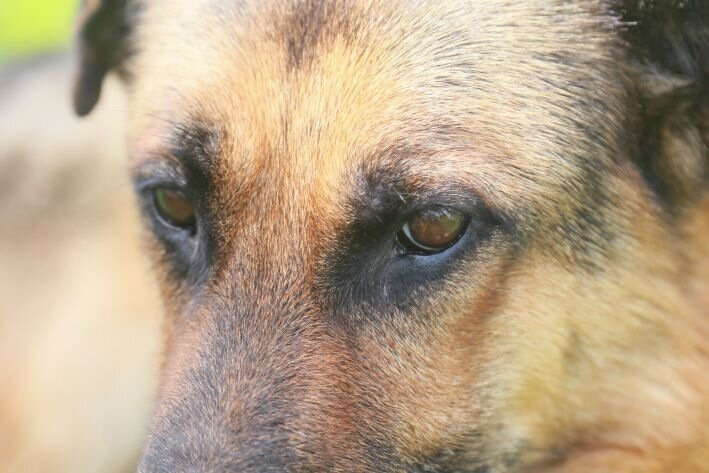Can You Smoke in the Presence of a Dog: Dog Handlers Warn Owners of the Dangers of Vapes
It has long been known about active and passive smokers, and the harm of passive smoking should not be underestimated either.
As it turns out, smokers' pets – dogs – also suffer from their harmful habit.
Pets whose owners regularly smoke in their presence are exposed to harmful substances in the same way as the smokers themselves. As for vapes, smoking liquids often contain propylene glycol, which releases toxic substances harmful to the body when decomposed, Vladimir Golubev, head of the Russian Cynological Federation, told RIA Novosti in an interview.
Harmful effects of vapes on dogs
Not only is inhaling the vapors of a smoking mixture harmful. It is important to consider that they often contain flavorings, which affects the pet's sense of smell.
Strong odors cause discomfort not only in cats, but also in dogs and can even harm health and sense of smell, cause coughing, heavy breathing, and lung diseases.

Additionally, your pet may have allergies or respiratory problems that could be made worse by the pet's inhalation of vape vapor.
Particularly dangerous is propylene glycol, which, when decomposed, releases toxic formaldehyde and acrolein.
It has been proven that when inhaling vape vapors, there is no difference whether the pet breathes hot vapor or secondary and cooled vapor.
Even with passive “smoking,” up to 70% of harmful substances enter the body of the dog and those around it.
And if the composition contains psychotropic substances, the dog may lose activity, become lethargic and depressed.
An animal may also accidentally chew on an abandoned smoking device, and then the liquid that enters the pet’s body may cause poisoning and death.
Toxic to dogs is from 20 to 100 mg of the substance, depending on the pet's weight.
Earlier we talked about what events can warn a person about .

